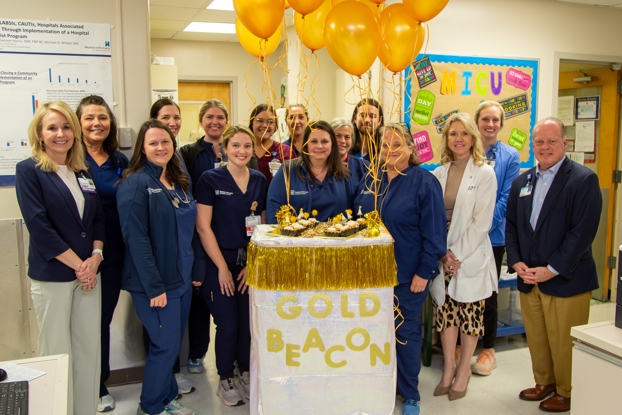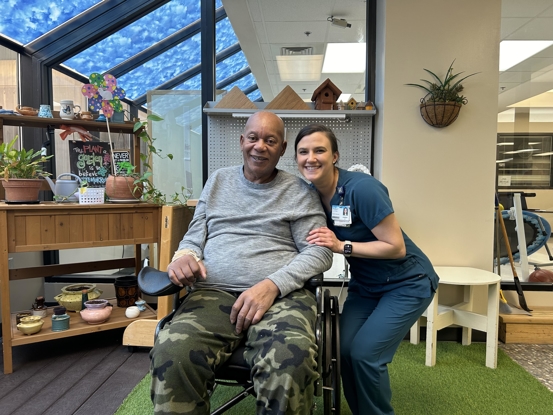Making Rounds on Fox 10 News: U.S. Antibiotic Awareness Week

U.S. Antibiotic Awareness Week is an annual one-week observance, beginning on November 18, that gives Infirmary Health, in conjunction with the Centers for Disease Control, the opportunity to raise awareness of the importance of appropriate antibiotic use to combat the threat of antimicrobial resistance.
Christopher Whitman, PharmD, Antimicrobial Stewardship Clinical Pharmacy Specialist at Mobile Infirmary, was recently interviewed during Fox10's Making Rounds segment about what you may or may not know about antibiotics, what they treat and how patients can actually build a resistance to antibiotics.
To view the video with closed captions, visit https://youtu.be/UNA6pIDiwFE.
According to the CDC, the following are what patients need to know when it comes to antibiotics:
- Antibiotics can save lives. When a patient needs antibiotics, the benefits outweigh the risks of side effects and antibiotic resistance.
- Antibiotics do NOT treat viruses, like those that cause colds, flu, or COVID-19. Other medications, like antivirals, can treat viruses.
- Antibiotics are only needed for treating certain infections caused by bacteria, but even some bacterial infections get better without antibiotics. Antibiotics aren’t needed for many sinus infections and some ear infections.
- An antibiotic will not make you feel better if you have a virus. Respiratory viruses usually go away in a week or two without treatment. Ask your healthcare professional about the best way to feel better while your body fights off the virus.
- When antibiotics aren’t needed, they won’t help you, and the side effects could still cause harm. Side effects range from minor to very severe health problems. When you need antibiotics for a bacterial infection, the benefits usually outweigh the risk of side effects.
- Taking antibiotics can contribute to the development of antimicrobial resistance. Antimicrobial resistance occurs when germs like bacteria and fungi develop the ability to defeat the drugs designed to kill them. If antibiotics and antifungals lose their effectiveness, then we lose the ability to treat infections, like those that lead to sepsis.
- If you need antibiotics, take them exactly as prescribed. Talk with your healthcare professional if you have any questions about your antibiotics.
- Talk with your healthcare professional if you develop any side effects, especially severe diarrhea, since that could be a Clostridioides difficile (difficile or C. diff) infection, which needs to be treated immediately.
- Do your best to stay healthy and keep others healthy by cleaning hands by washing with soap and water for at least 20 seconds or using a hand sanitizer that contains at least 60% alcohol; covering your mouth and nose with a tissue when you cough or sneeze; staying home when sick; and getting recommended vaccines, such as the flu vaccine.
- Antibiotics aren’t always the answer. Everyone can help improve antibiotic use. Improving the way we take antibiotics helps keep us healthy now, helps fight antimicrobial resistance, and ensures that these life-saving antibiotics will be available for future generations.

